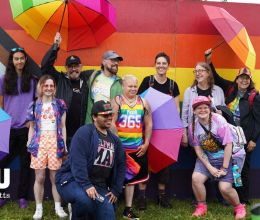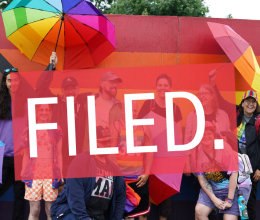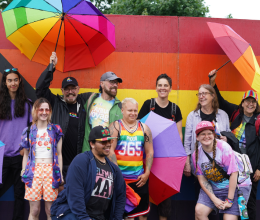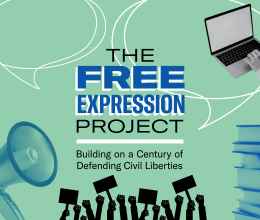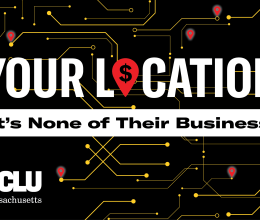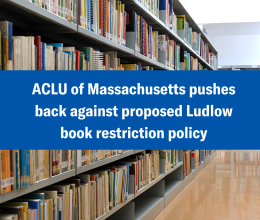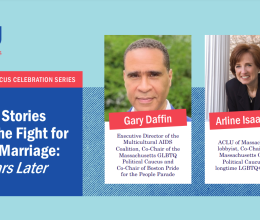
Carol Rose, executive director of the ACLU of Massachusetts, today released the following statement in response to the U.S. Supreme Court decision in Masterpiece Cakeshop v. Colorado Civil Rights Commission:
“The Supreme Court today declined to endorse the idea that religion can be invoked to discriminate against same-sex couples. In an extraordinarily narrow ruling, the Court upheld basic principles of non-discrimination for same-sex couples in the marketplace, while finding that the Colorado Civil Rights Commission violated the government’s duty under the First Amendment 'not to base laws or regulations on hostility to a religion or religious viewpoint.' America is stronger because of our commitments to both equality and religious freedom. We agree with the Court that no arm of the government should show intolerance for any religion - and we urge businesses to follow America’s longstanding commitment to equality and keep their doors open to everyone.”
Background: The Supreme Court today reaffirmed the core principle that businesses open to the public must be open to all in Masterpiece Cakeshop v. Colorado Civil Rights Commission. The court did not accept arguments that would have turned back the clock on equality by making our basic civil rights protections unenforceable, but reversed this case based on concerns specific to the facts here. The American Civil Liberties Union argued the case on behalf of Charlie Craig and David Mullins, who were refused service at a Colorado bakery because they are a same-sex couple.
In 2012, Mullins and Craig visited the Masterpiece Cakeshop to order a cake for their wedding. After the bakery turned the would-be customers away because they were a same-sex couple, Mullins and Craig filed a complaint with the Colorado Civil Rights Commission. The commission found that the bakery had discriminated against the couple in violation of Colorado law, a decision the Colorado courts upheld. The Supreme Court today found that members of the Commission had made statements evidencing anti-religious bias, and thus had not given a fair consideration to the bakery’s claims.
Learn more about the case and decision.
